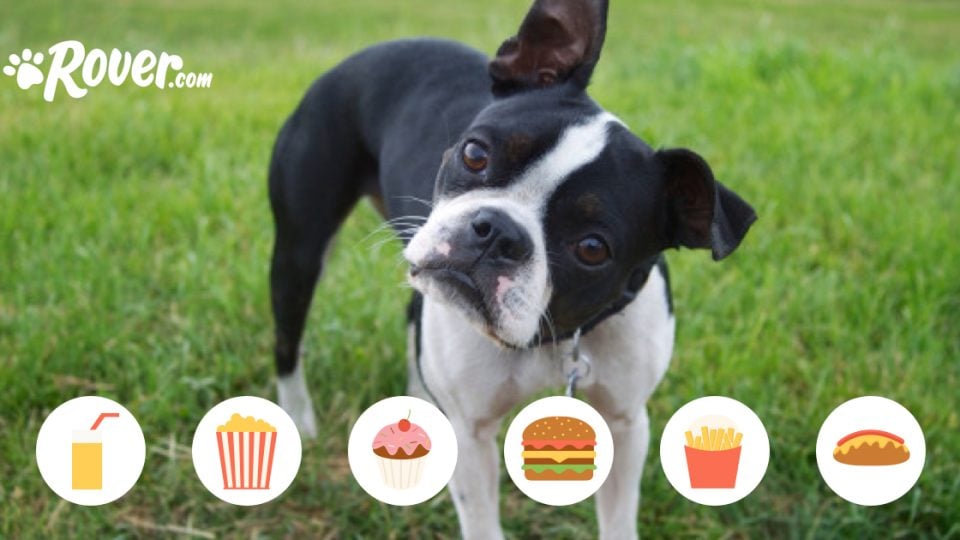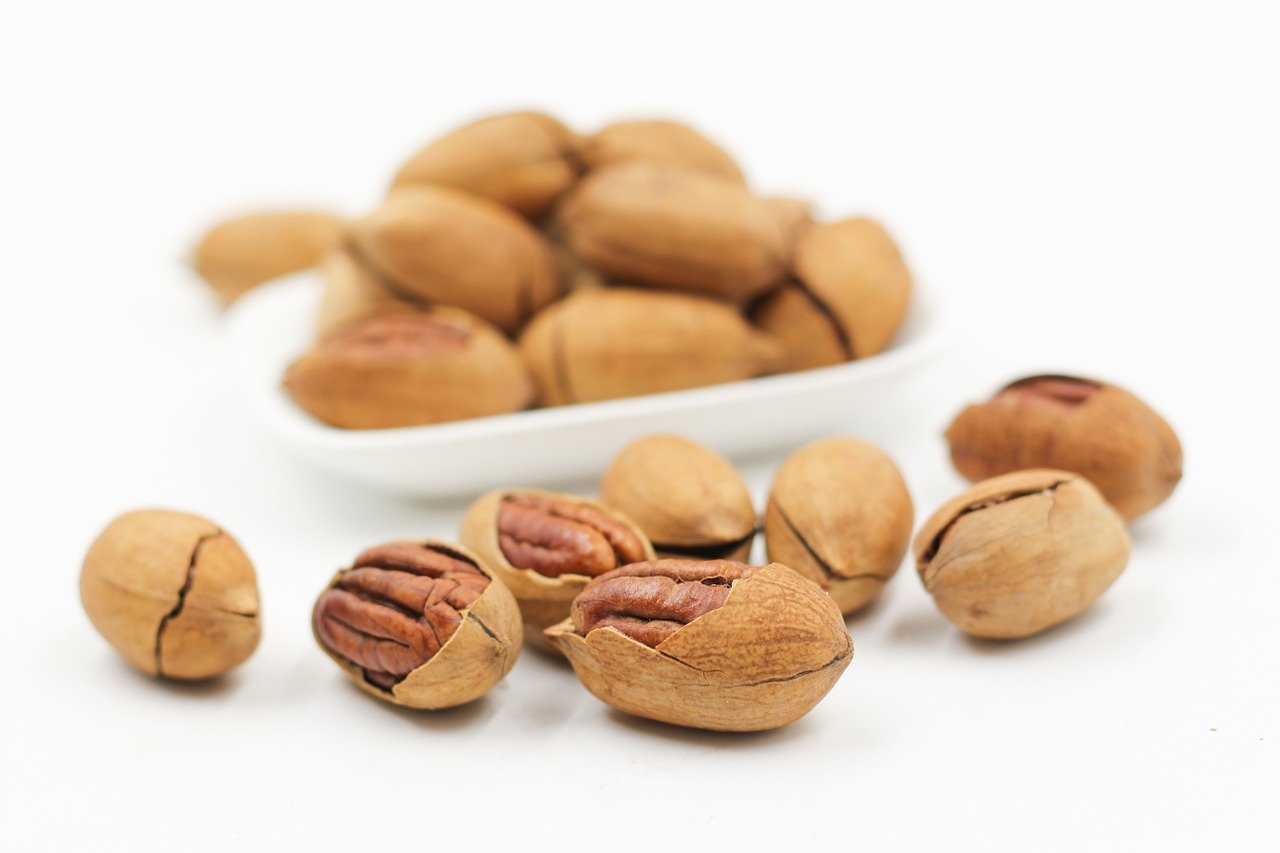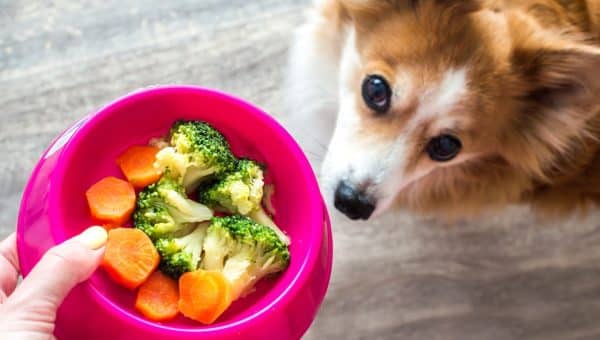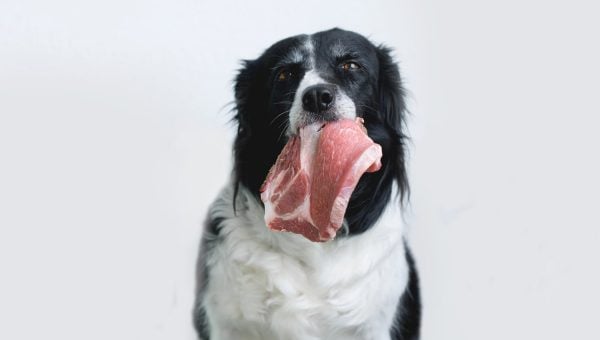No! Pecans aren’t safe for your dog especially when they become moldy. Moldy pecans contain tremorgenic mycotoxins that can lead to seizures or neurological issues. Also, nuts of any kind can give your dog an upset stomach or cause an intestinal obstruction leading to more serious digestive issues. Call your vet if your dog has eaten pecans.
Symptoms to Watch For
If your dog has eaten moldy pecans, watch for these symptoms:
- Vomiting
- Diarrhea
- Restlessness
- Fever
- Seizure or tremors
For More Information
We’ve got tons of articles about which foods are safe or dangerous for your dog, from common snacks to fruits. You might also be interested in “Can My Dog Eat Walnuts?”
The information provided in this article is not a substitute for professional veterinary help.






